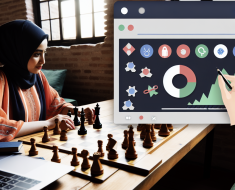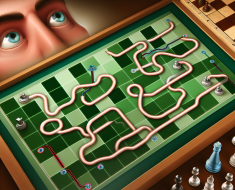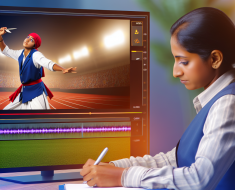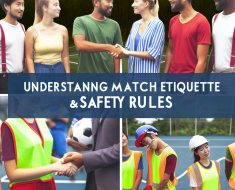How to Build Confidence for Competitive Shooting Success
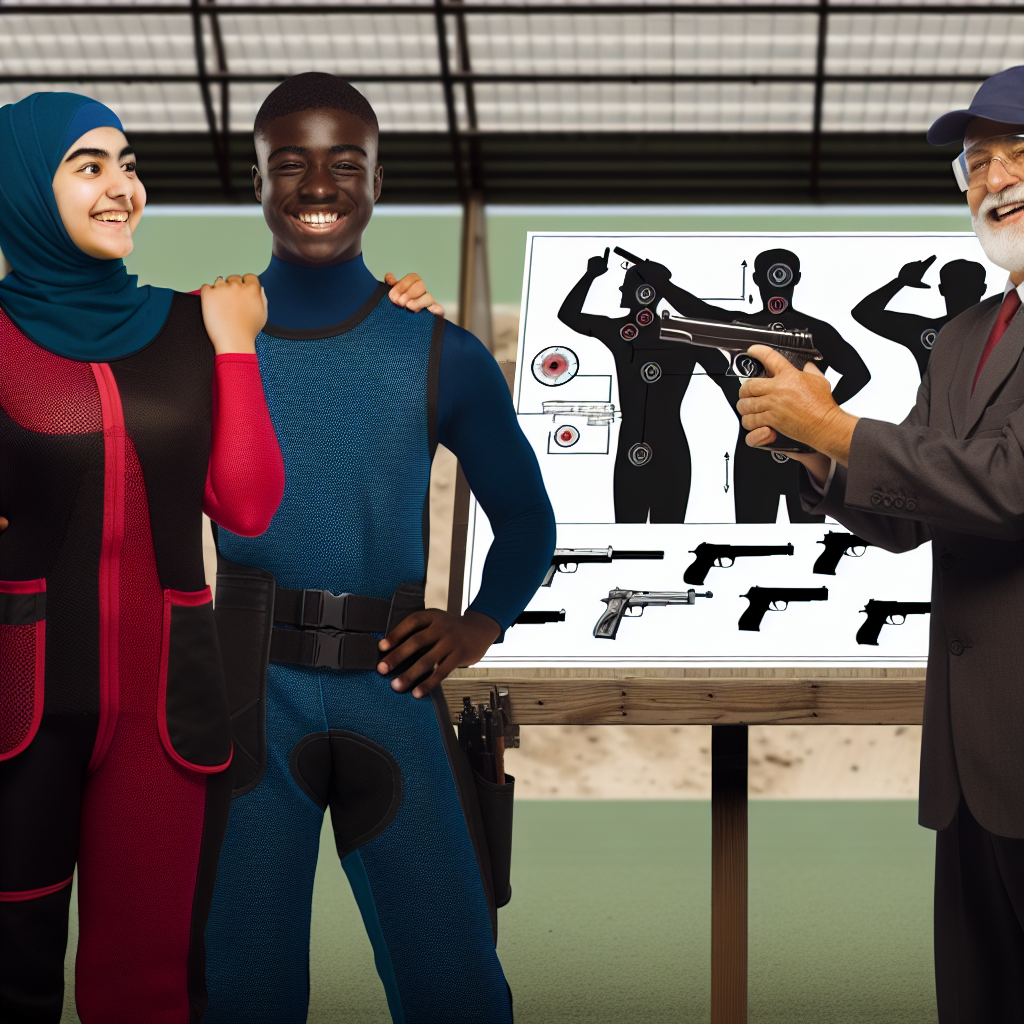
Competitive shooting is a sport that demands not only physical precision but also a strong mental game. Confidence plays a pivotal role in achieving success, as it directly influences focus, decision-making, and consistency under pressure. Whether you are a novice shooter entering your first competition or an experienced marksman aiming to improve your rankings, building unwavering confidence can be the difference between hitting the bullseye and missing your target.
This article explores practical strategies backed by research and expert insights to help shooters develop and maintain confidence for competitive shooting success.
The Importance of Confidence in Competitive Shooting
Confidence is more than just feeling good about your skills; it’s a psychological state that enables athletes to perform at their best under stress. In competitive shooting, where precision is paramount, even minor doubts or distractions can degrade performance significantly.
Studies in sports psychology have consistently shown that confident athletes tend to:
- Exhibit better focus and concentration during competitions.
- Maintain composure under pressure.
- Recover quickly from mistakes without losing momentum.
- Execute motor skills more fluidly and accurately.
A study published in the Journal of Applied Sport Psychology found that athletes with high self-confidence demonstrated a 15% improvement in performance metrics compared to those with lower confidence levels. This correlation underscores why building confidence should be an integral part of any competitive shooter’s training regimen.
Understanding the Psychological Barriers to Confidence
Before building confidence, it is important to identify common psychological barriers that shooters face. Recognizing these obstacles allows you to address them effectively rather than letting them undermine your progress.
- Fear of Failure: Worrying about missing shots or disappointing others can create anxiety that disrupts focus.
- Negative Self-Talk: Inner criticism such as “I’m not good enough” or “I always mess up” diminishes self-belief.
- Perfectionism: Setting unrealistically high standards may lead to frustration and loss of confidence when mistakes occur.
- Lack of Preparation: Feeling unprepared physically or mentally can cause doubts about your ability to perform well.
- External Pressure: Expectations from coaches, teammates, or spectators can heighten stress levels.
By understanding these barriers, you can develop tailored strategies to overcome them and foster a positive mindset conducive to confident performance.
Effective Techniques for Building Confidence
The foundation of confidence lies in consistent preparation and positive mental conditioning. Below are several proven techniques competitive shooters can use:
Mental Rehearsal and Visualization
Mental rehearsal involves vividly imagining yourself successfully executing shots under competition conditions. This technique strengthens neural pathways associated with motor skills and builds familiarity with high-pressure scenarios.
- Visualize each step: stance, grip, breath control, trigger pull, and follow-through.
- Include sensory details such as sounds, sights, and feelings of calmness during the process.
- Mental practice has been shown in studies (e.g., by Dr. Richard Suinn) to improve accuracy by up to 23% when combined with physical training.
Progressive Skill Mastery Through Deliberate Practice
Confidence grows naturally as you see tangible improvements in your shooting abilities. Use deliberate practice methods that focus on specific aspects of your technique:
- Break down complex skills into smaller components (e.g., dry firing drills for trigger control).
- Set measurable goals for each practice session (e.g., grouping size or reaction time).
- Track progress regularly using training logs or video analysis tools.
A case study from the International Defensive Pistol Association (IDPA) highlighted how competitors who maintained structured practice routines improved their scores by an average of 18% over six months, boosting their confidence significantly before matches.
Cognitive Behavioral Strategies: Reframing Negative Thoughts
Cognitive Behavioral Therapy (CBT) techniques can help shooters challenge and reframe negative self-talk into constructive affirmations. For example:
- Replace “I always miss when it counts” with “I’ve succeeded many times under pressure before.”
- Acknowledge mistakes as learning opportunities rather than failures.
- Create personalized affirmations such as “I am prepared and focused” to repeat before competitions or stressful moments.
This approach reduces anxiety and reinforces a positive mindset essential for confident shooting performance.
Meditation and Breathing Exercises for Calm Focus
Anxiety causes muscle tension and erratic breathing which adversely affect aim. Incorporating meditation practices like mindfulness or controlled breathing exercises helps regulate physiological responses:
- Tactical breathing: inhale for four seconds, hold for four seconds, exhale for four seconds, hold for four seconds (box breathing).
- Meditation sessions focusing on awareness of the present moment without judgment improve concentration over time.
- Shooting champions such as Kim Rhode emphasize daily meditation as part of their routine for maintaining calmness during competitions.




